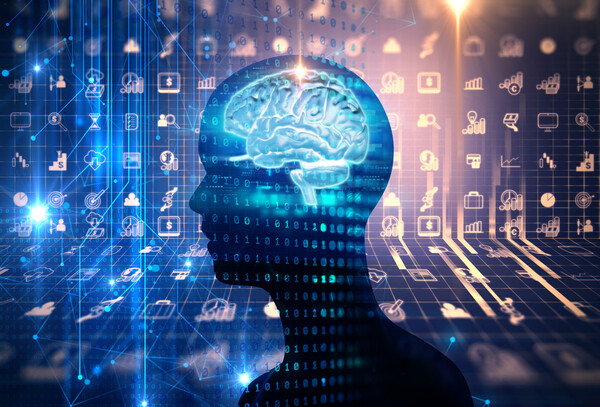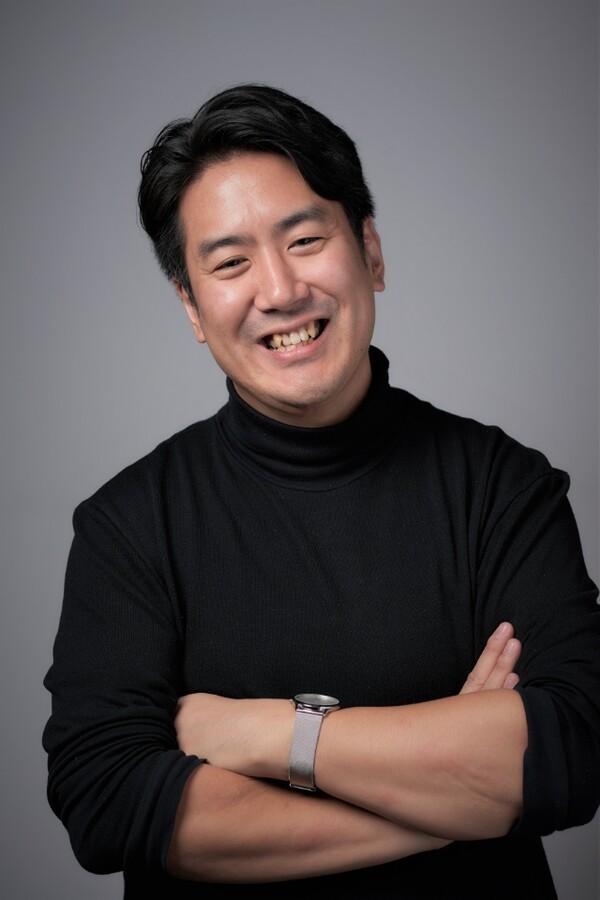Chang Dong-seon, CEO of Curious Brain Lab
The end of 2024 passed amid upheaval and chaos, and the new year dawned.
However, the question of truth and credibility has become even more pressing.
Isn't there a widely accepted truth that everyone takes for granted? This question does not stem from a single event. As we watch the news and read newspaper articles, we see more and more stories that are harder and harder to understand. One can’t help but wonder where the truth has gone.
The debate about what is true is ongoing worldwide. According to recent news, social media platforms like X, Facebook, and Instagram are no longer fact-checking and are attempting to remove fake news.
With the advent of the Donald Trump administration in the United States, it has also become a trend for Elon Musk and other big tech leaders to emphasize the importance of the right to “free speech,” arguing that the criteria for determining what is “real” and “fake” cannot be neutral.

Why does the brain struggle to distinguish truth from falsehood?
For now, we need to look at the mechanisms by which the brain distinguishes between “real” and “fake” information. Why does the brain believe information to be true when it's not?
First, the brain believes the information it sees frequently is real. MIT neuroscientist David Land, who has studied fake news since 2017, found that repeated exposure to information makes the brain more likely to accept it as true.
The experiment involved 500 people who were asked to rate different news headlines and return later to rate the likelihood that some of the headlines were true. People rated the news as more likely to be true if they saw the fake news headline more often while evaluating the different headlines.
Second, the brain loves shortcuts. When we trust a certain expert or person, we're much more likely to take their word for it and not bother to look for other information.
According to Stanford Professor Sam Weinberg, most people don't distinguish between what they learn from a book or article and what they learn from social media online. However, people who make it a habit to look up information in books and articles are much less likely to fall for fake news.
Our brains are lazy, and when we think we've found a reliable source of information by listening to someone, we don't bother to look for other sources, including books and articles. It wants to conserve brain energy.
However, this very tendency makes people more likely to believe biased information as true and to fall for fake news: people who constantly fact-check are less likely to fall for fake news because they are constantly updating themselves with new information, while people who never leave a particular website, chat room, or person are more likely to fall for fake news.
Third, the brain prefers certainty to uncertainty. A 2020 paper by New York University researchers showed that the brain is much more responsive to information packaged as “fact and truth” than information that is more of a “could-be” kind.
In other words, the brain is more likely to trust information that is presented definitively as real and less likely to trust information that is presented with more uncertainty, which is more of a possibility or probability.
The problem is that the more prevalent fake news online tends to be from scammers and fake experts who overstate things in the form of “this is 100 percent true,” whereas the more knowledgeable scientists and real experts are more likely to be cautious and speak in terms of “probability” or “possibility.” That explains why people are more likely to believe fake news is real.
As the English philosopher and mathematician, Bertrand Russell once said, “All the troubles in the world are caused by the fact that fools and fanatics are always full of unshakeable confidence in themselves, while wiser men are always full of doubt and skepticism.”
This quote was written in the early 20th century, before the internet, but it resonates more than ever. Now is a good time to be wary of overconfident people and to practice looking at the world with a healthy dose of doubt and skepticism.

Chang Dong-seon is the CEO of Curious Brain Lab and resides in Seoul. He studied Biology at Uni Konstanz, Neuroscience at the International Max Planck Research School, and Cognitive Science at Rutgers University. Chang's career includes roles as an Assistant Professor at Hanyang University and a Researcher at the Max Planck Institute for Biological Cybernetics. He also served as the head of the Future Technology Strategy Team at Hyundai Motor Group. His extensive expertise spans biology, neuroscience, and cognitive science. This column was originally published in Segye Ilbo in Korean on Jan. 8, 2025. -- Ed.
Related articles
- [Column] Will we ever be able to control AI?
- [Column] Intentions and misunderstandings: who is at fault?
- [Column] What is a considerate mind?
- [Column] How many emotions are there in me?
- [Column] How does the brain deal with the pain of loss?
- [Column] When does power make our brains helpless?
- [Column] If you want to change your brain, get moving
- [Column] What kind of brain do we need in an age of uncertainty?

